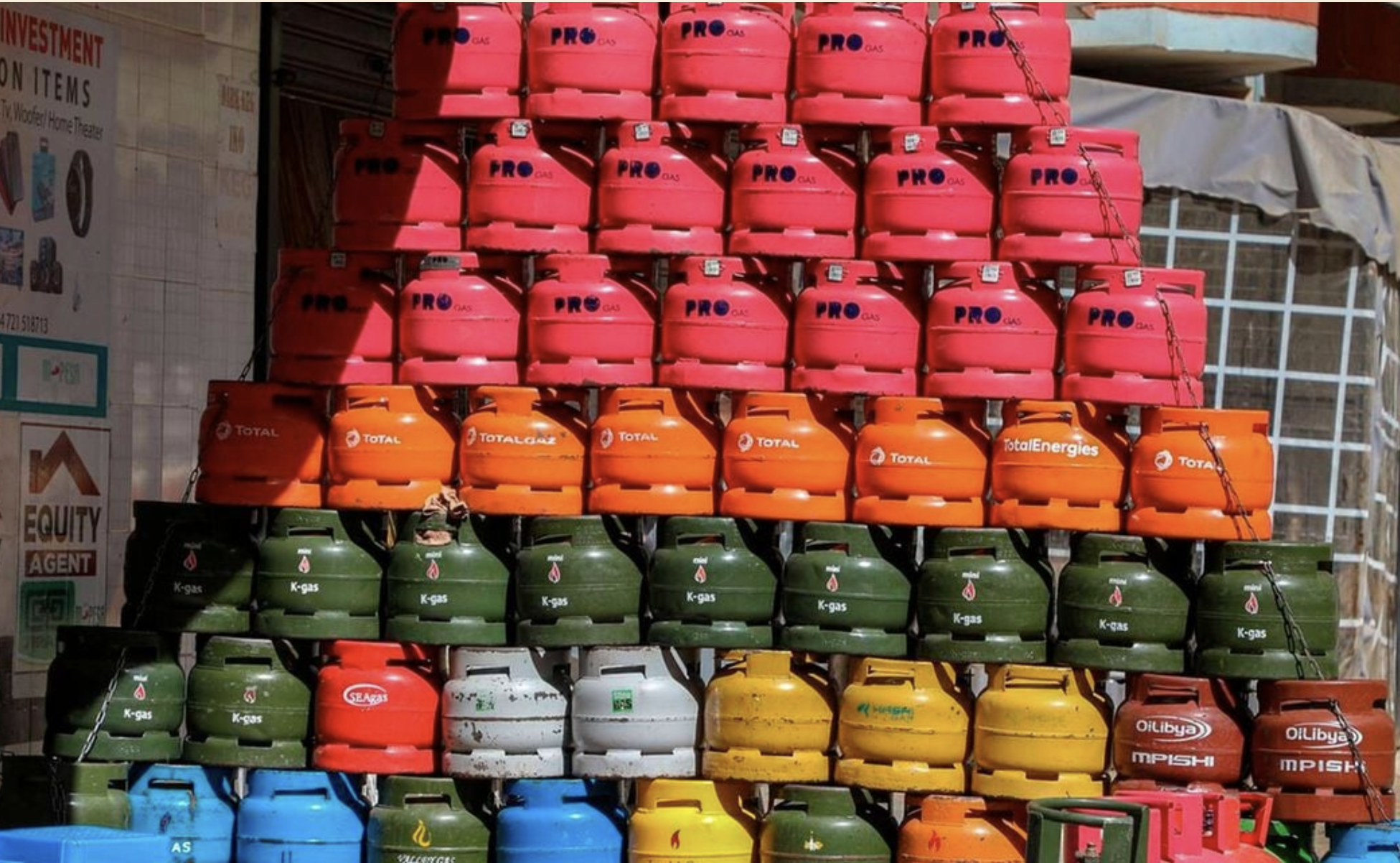By Timothy Machi
The United States of America has strict guidelines that prohibit the World Bank from financing fossil fuels including LPG that is key to Africa’s transition to cleaner energy. In his Executive Order on Tackling the Climate Crisis at Home and Abroad (E.O. 14008, signed January 27, 2021), US President Joe Biden signaled an end to international official financing for carbon-intensive fossil fuel-based energy.
While this may seem like a commendable stance on the surface, the reality is far more complex and, frankly, hypocritical. In fact, in the case of Africa, this move negates the very essence, letter and spirit of the Executive Order – the need to keep world temperatures from rising. Inadvertently, this move limits Africa to wood fuel which negatively impacts health, contributes to deforestation and climate change.
The contradiction here is that while the US limits gas financing abroad, they are the biggest producers and consumers of fossil fuels at home, among them oil, gas and coal. According to the US Energy Information Administration, the US remains the world’s largest producer of natural gas, with production levels steadily increasing in recent years.

In 2021, the US produced more than 33 trillion cubic feet of natural gas, highlighting the country’s significant role in the global gas market. Nearly 80% of US energy consumption comes from fossil fuels, with the country burning around 20m barrels of petroleum, about a fifth of the global total, every day.
These policy inconsistencies and double standards on the part of the US not only undermines efforts to combat climate change but also compromises Africa’s ability to transition to cleaner energy sources, perpetuating reliance on wood fuel with devastating consequences for health outcomes, deforestation and the climate.
At present, it is estimated that some 600 million people, or 43% of the total population, lack access to electricity, most of them in Sub-Saharan Africa. The region particularly faces significant challenges in terms of electricity infrastructure including the high tariff costs and high initial connection cost – leaving many areas lacking reliable and widespread access to power. As an alternative to wood fuel and often out of reach electricity, increased LPG adoption would help reduce household air pollution, contribute to improved health outcomes, save African forests as well as help the region align with the broader agenda of promoting energy access and clean cooking solutions as essential components of sustainable development in the region.
Although a fossil fuel, LPG has a clean emission profile and low sulfur content, meaning that it can help improve air quality by displacing highly polluting fuels such as charcoal and firewood. Particularly in Africa, LPG presents the most realistic alternative to wood fuel given its portability, flexibility in packaging and ease of deployment even in remote villages without the need for extensive grid infrastructure.
In its Livewire publication, the World Bank notes that cooking with LPG helps reduce pollution, because it is usually the first clean fuel consumers use when they transition from biomass.
However, in the absence of targeted subsidies largely as a result of US restrictions, LPG remains out of reach for most households in the region. Africa’s LPG market is still in its infancy. Currently, Africa accounts for a mere 4% of global LPG consumption, due to high costs of acquisition of starter pack and refilling and the absence of large-scale LPG storage infrastructure limiting demand.
To reverse this trend will take concerted efforts from governments to lower taxes on LPG and the US government to specifically rethink its blanket restriction of World bank financing of fossil fuels.

